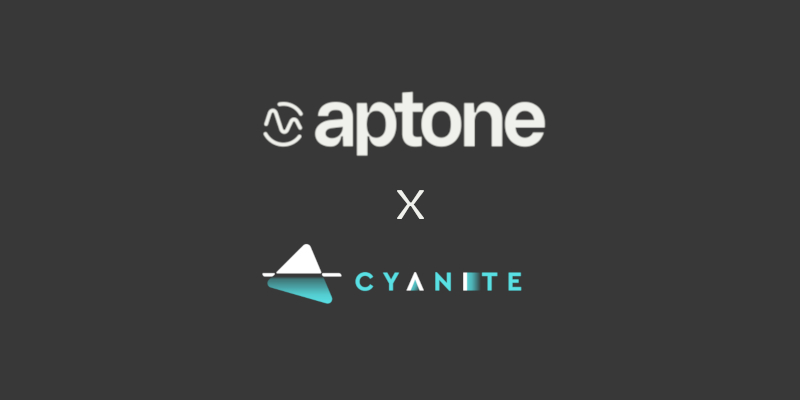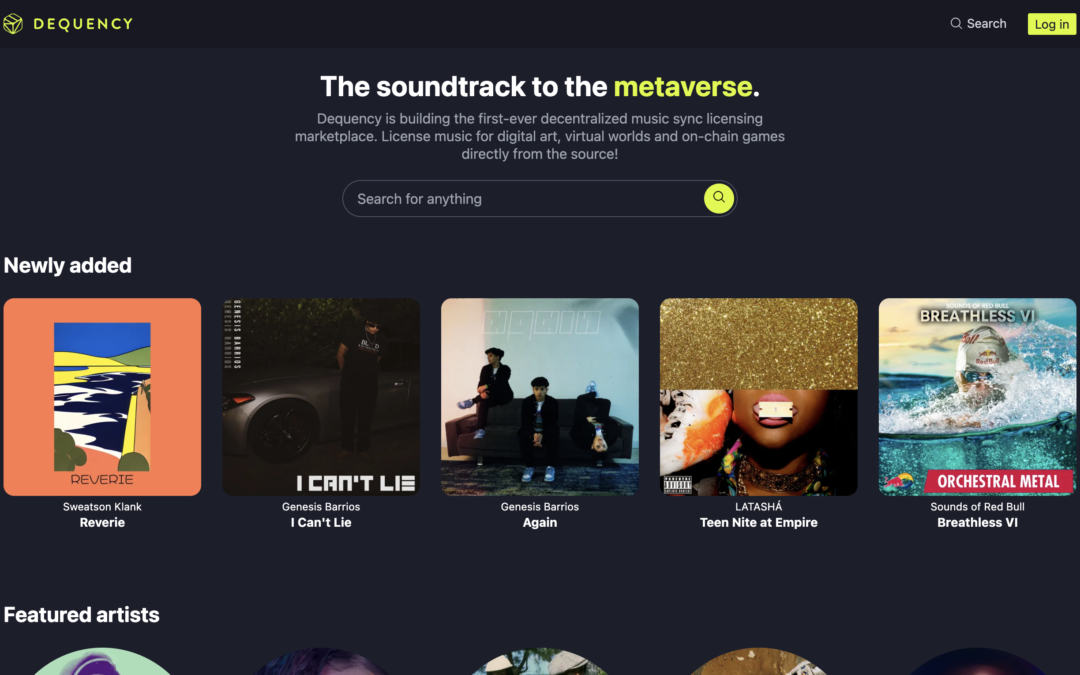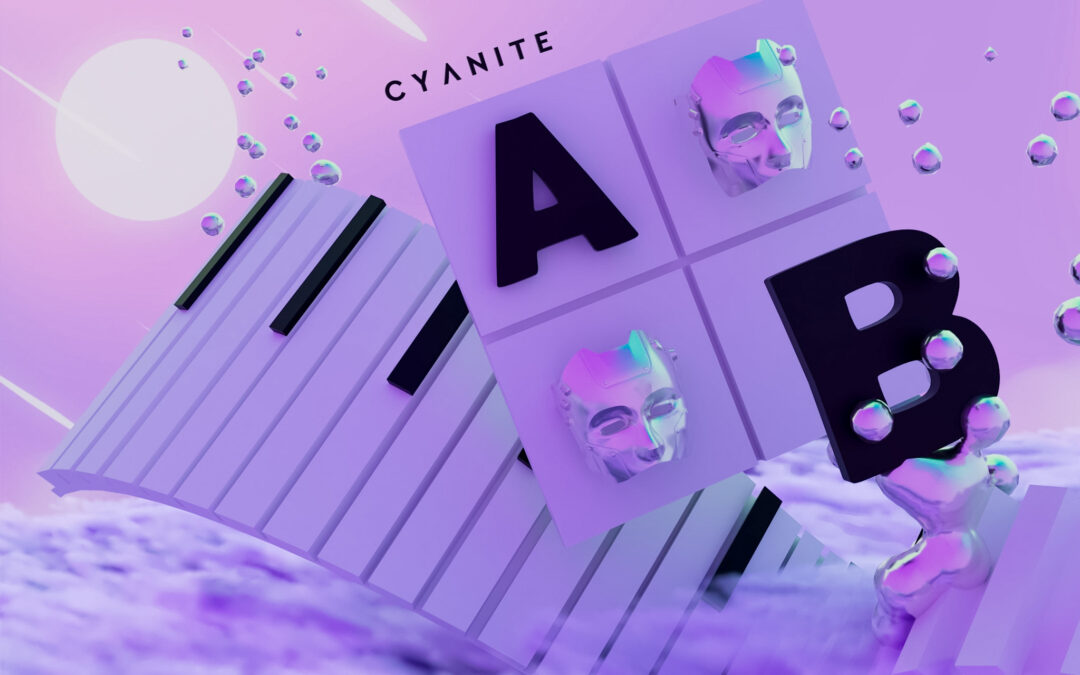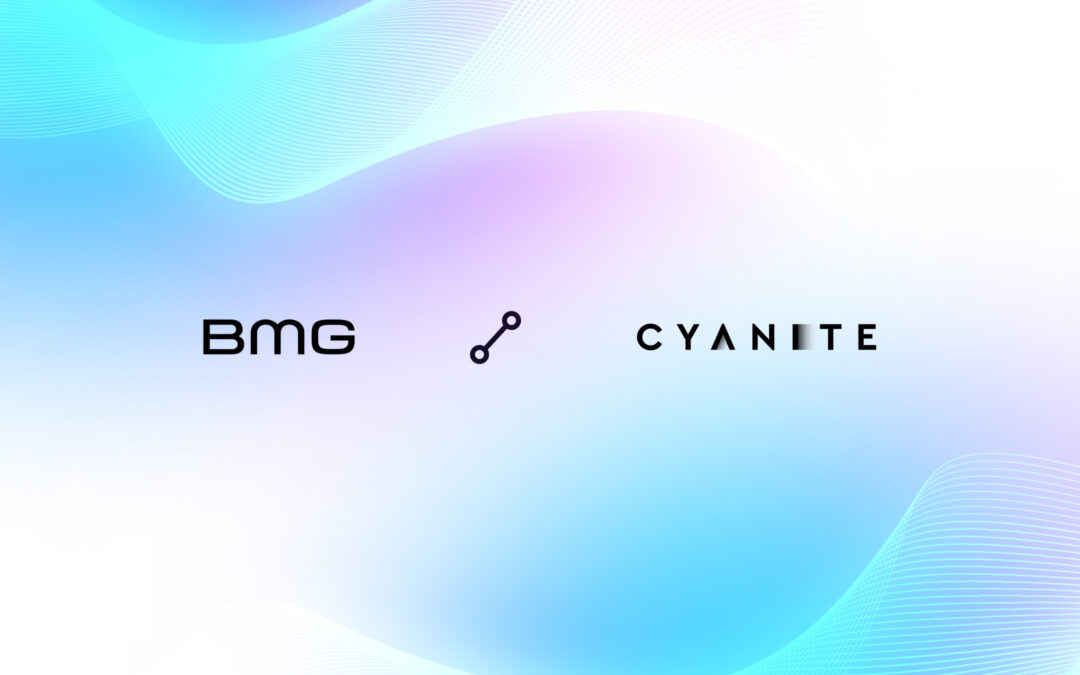
PR: Cyanite acquires sample platform aptone to expand music AI services
PRESS RELEASE
Cyanite acquires sample platform aptone to expand music AI services
- AI-powered music tagging and search firm Cyanite acquires AI-based sample platform aptone
- The acquisition will allow Cyanite to drive international growth and expand its AI solutions for the music industry
- aptone co-founder Johannes Giani joins Cyanite’s board as Director of Information Technology
Berlin/Cologne/Mannheim, May 31, 2023 – Cyanite, one of the world’s leading AI companies for music analysis and recommendation, has acquired aptone, an AI-based service which allows music producers to classify and search samples. The acquisition will enable Cyanite to drive international growth and expand its AI solutions for the music industry.
Johannes Giani, one of the founders of aptone, will join the Cyanite board as Director of Information Technology with immediate effect. With his expertise in cloud-based system architecture, he will help Cyanite to further develop its technology and continue to enhance and expand the offering for Cyanite’s international customers such as BMG, Pond5, APM Music and RTL.
The acquisition of aptone will help Cyanite to take one step closer to achieving its vision of creating a universal intelligence that understands, indexes and recommends the world’s music. Cyanite’s technology will now be able to increase the accuracy with which it analyses and tags samples, which offer a growing opportunity for music publishers to maximise the monetisation of their catalogues. The integration will also allow Cyanite to improve its system architecture and scale its technology to increase the reliability of analysis of the millions of audio files on its platform.
Markus Schwarzer, CEO of Cyanite, said:
“I have been mentoring the aptone team for quite some time now and have always been impressed by their growth and technological finesse, and I’m delighted they will formally be part of Cyanite. Johannes’ expertise in product management and system architecture will be a valuable addition to our team and he will help us provide our customers with the best and most reliable AI solutions. Johannes’ addition to the team comes at a crucial time – there has never been more music available than today; we need technology to help us to handle it. Our vision of a universal music intelligence has always been clear, and with this acquisition we will be able to advance this vision even further.”
Johannes Giani, Director of Information Technology at Cyanite, said:
“Through our ongoing contact with Cyanite, we have built a fruitful relationship of trust over many months. Now we are extremely excited to join forces and develop innovative solutions together in the future. By working together, we not only complement each other technologically, but also in terms of content. We believe that our combined expertise in AI, software and the music industry will create new opportunities to provide a unique offering to our customers – from creation to exploitation. I have spent three years with my co-founders Basti and Tim building up aptone, and we are extremely proud to be part of the Cyanite family which marks a successful end to our startup.”
aptone Co-founder Bastian Werner will continue his career at the Fraunhofer Institute for Intelligent Analysis and Information Systems (IAIS), while Co-founder Tim Franken will take a career break.
Both Cyanite and aptone are music tech startups based in Germany. Cyanite emerged from the Popakademie Baden-Württemberg and aptone is supported by Gateway TH Köln.
The acquisition is effective immediately. aptone’s community and producers can sign up to a mailing list on the aptone website to be kept up to date.
ENDS
About Cyanite
Cyanite helps music companies turn their catalogs into their own personal Spotify – providing music libraries with the usability, transparency and functionality users have become accustomed to.
From their headquarters in Mannheim, Germany, Cyanite’s team develops AI-powered music analysis and recommendation software that enables effective keywording and efficient music research based on it. This enables music, entertainment and advertising companies to quickly and cost-effectively deliver the right songs for their customers’ search queries based on keywords, reference titles or free text.
Via API or no-code solution, Cyanite supports some of the most renowned and innovative players in the music, entertainment and advertising industries. These include production music libraries APM Music, Pond5 and Far Music (RTL), music publishers BMG, Nettwerk Music Group, Sugar Music and Schubert Music, and sound branding agencies amp sound branding, Antfood, Universal Music Solutions, and Human Worldwide.
Cyanite’s vision is to become the universal music intelligence that understands, connects, and recommends the world’s music – an intelligence that can translate music into everything and everything into music.
Website: https://cyanite.ai/
Web App: https://app.cyanite.ai/register
API: https://api-docs.cyanite.ai/
LinkedIn: Cyanite.ai
Twitter: Cyanite.ai
About aptone
aptone is a cloud-based software service that allows music creators to better sort and use large sound collections more intuitively through artificial intelligence (AI).
With the help of aptone, music producers can automate the sorting of their sound collections through AI and make them easier to find. These collections consist of many small audio files, also called samples, which are used for sound compositions of various kinds. Samples can be found in the entire spectrum of the music business and range from personal music productions to sound backdrops in films.






